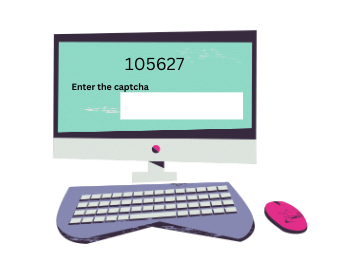Add a captcha to the Drupal webform easily with this article. With our Drupal Software Development Services, Bobcares offers solutions to your Drupal queries.
Captcha is most frequently used in web forms and can confirm whether a user is human or not. CAPTCHA is used to prevent spambots, which are automated scripts that publish spam content anyplace they can, from submitting forms. We’ll go over how to add a captcha to webforms in Drupal 6, Drupal 7, and Drupal 8 in this article.
How To Add Captcha To Drupal Webform?
CAPTCHA (Completely Automated Public Turing Test to Tell Computers and Humans Apart) is a sort of challenge-response authentication security technique. CAPTCHA protects users from spam and password decryption by requiring users to complete a simple test that verifies users are a person rather than a computer attempting to break into a password-protected account.

In Drupal 6
We can follow the below steps to add a captcha to webform in Drupal 6:
- Navigate to Administer >> User Management >> CAPTCHA. Check to see if forms have links for CAPTCHA administration.
- Make the Webform. Do not select the CAPTCHA link at the bottom of the Form Create page.
- Now save the form.
- At the bottom of the newly formed form, click CAPTCHA: no challenge enabled.
- Select Place a challenge here for untrusted users.
- Done.
In Drupal 7
We can follow the below steps to add a captcha to webform in Drupal 7:
- Navigate to /admin/config/people/captcha.
- Locate the last row (with the empty FORM_ID entry field) In the FORM PROTECTION area in the configuration table.
- Provide the details for this form.
- Click the “Save Configuration” button at the bottom of the page as we go down.
In Drupal 8
- Access this url /admin/structure/webform.
- Select “Build” from the OPERATIONS column.
- When we click the “+Add element” button, a list of form elements will appear.
- We can choose Captcha from the list of options.
[Looking for a solution to another query? We are just a click away.]
Conclusion
Captcha is an easy way to prevent spambots. The article provides steps from our Tech team to add a captcha to webform in Drupal 6, Drupal 7, and Drupal 8.
PREVENT YOUR SERVER FROM CRASHING!
Never again lose customers to poor server speed! Let us help you.
Our server experts will monitor & maintain your server 24/7 so that it remains lightning fast and secure.




0 Comments